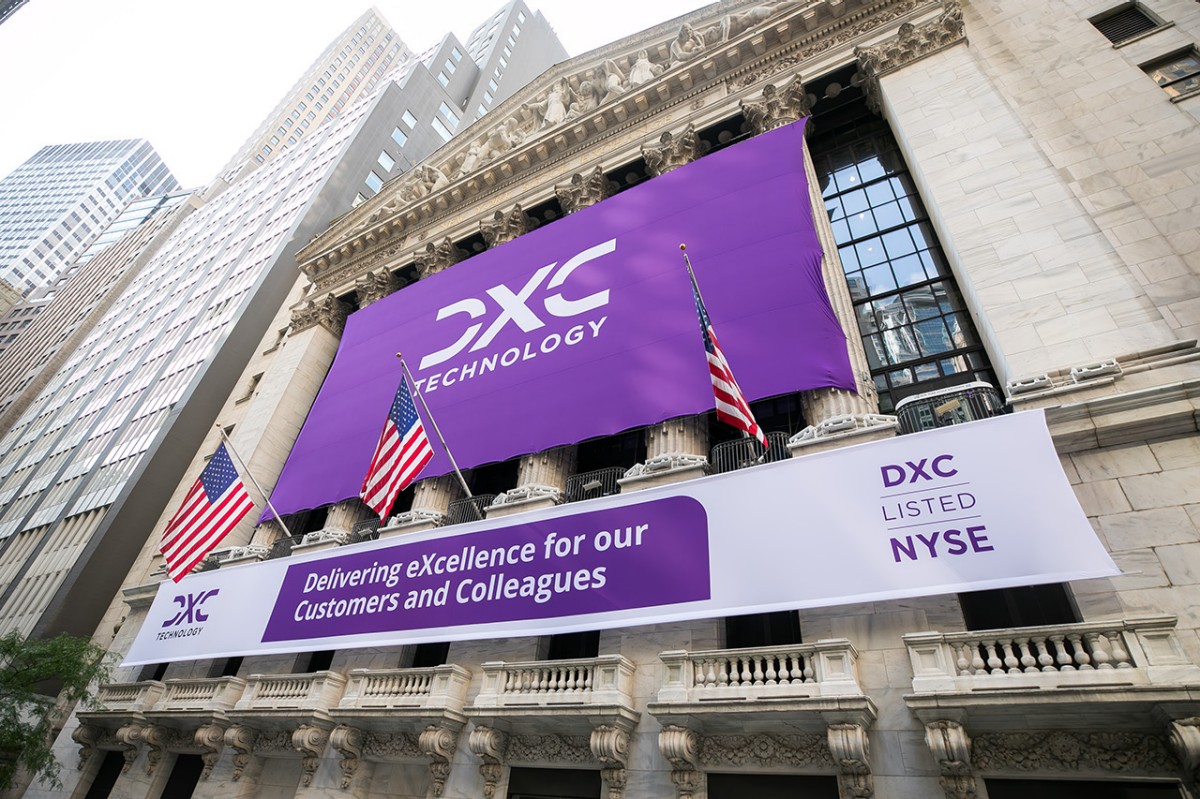
At the leading edge of these partnerships is a collaboration between DXC and Berlin‑based GreenMatterAI on automating weld inspection. Employing a proprietary synthetic‑data engine and pre‑trained computer‑vision models, the initiative bypasses the need for manual data labelling, streamlining defect detection and improving iteration cycles in vision‑based quality control. Early results suggest rework costs could be cut by approximately 25 per cent, signalling a potential for millions in savings for manufacturers.
In parallel, Seattle‑based robotics startup Acumino is working with DXC to bring general robotic intelligence into high‑variety, small‑batch production environments—contexts where conventional robots often fall short due to rigidity and cost constraints. Leveraging Acumino’s human‑in‑the‑loop training system alongside DXC’s expertise in industrial IoT, the collaboration enables robots to learn new tasks swiftly and adaptively. A proof‑of‑concept with motion‑technology company Schaeffler, showcased at Expo 2025 in June, earned recognition via the 2025 Global Plug and Play Innovation Award.
Meanwhile, Dubai‑based CAMB. AI is teaming up with DXC to develop an intelligent, real‑time speech‑translation system embedded within vehicle cockpits. The system offers live conversation translation, multilingual street‑sign recognition, and traffic‑rule clarification, aiming to enhance navigation and safety for international drivers facing multilingual environments.
Collectively, these collaborations reflect DXC’s open innovation ethos. Over 100 emerging tech companies have been evaluated via the STARTUP AUTOBAHN platform, with more than 25 pilot projects already under way. This systematic scouting and incubation strategy enables DXC to fast‑track AI adoption and deliver practical solutions across its expansive client base—comprising over 240 Fortune‑500 companies.
Karim Jeribi, Vice President Global Industries at DXC, emphasised the shift from proof‑of‑concept toward real‑world impact: “We’re not just experimenting with AI, we’re pushing industries forward by solving some of our customers’ most pressing challenges”. Sascha Karimpour, Partner at Plug and Play, noted that such alliances bridge early‑innovation and enterprise deployment—reducing costs, speeding time‑to‑market, and unlocking competitive advantage.
DXC brings to the table more than five decades of industry experience, offering services that integrate IT and OT systems, enable smart factories, and advance connected, sustainable mobility solutions across manufacturing and automotive domains.
This initiative represents more than technological innovation: it showcases a deliberate model for scaling startup innovation into enterprise action. By combining synthetic data, adaptive robotics and real-time AI translation solutions, DXC is harnessing focused startup capabilities to address specific operational challenges faced by manufacturers and mobility providers.
The implications are notable: manufacturers could see marked quality improvements and cost reductions through automated inspection; robotics tasks in complex production environments may become more flexible and economical; and drivers navigating multilingual regions could benefit from enhanced safety and convenience in real-time.
By embedding AI into logistics, manufacturing and automotive processes, these alliances may ultimately serve as benchmarks for how established IT services firms can drive innovation through strategic venture partnerships—delivering measurable outcomes rather than speculative promise.
This aligns with a growing trend among global enterprises to integrate cutting-edge technologies via startup ecosystems. DXC’s approach exemplifies how structured pilot programs, clear operational metrics, and sector-specific use-case development can accelerate enterprise AI adoption with tangible business benefits.
Topics
Live News
